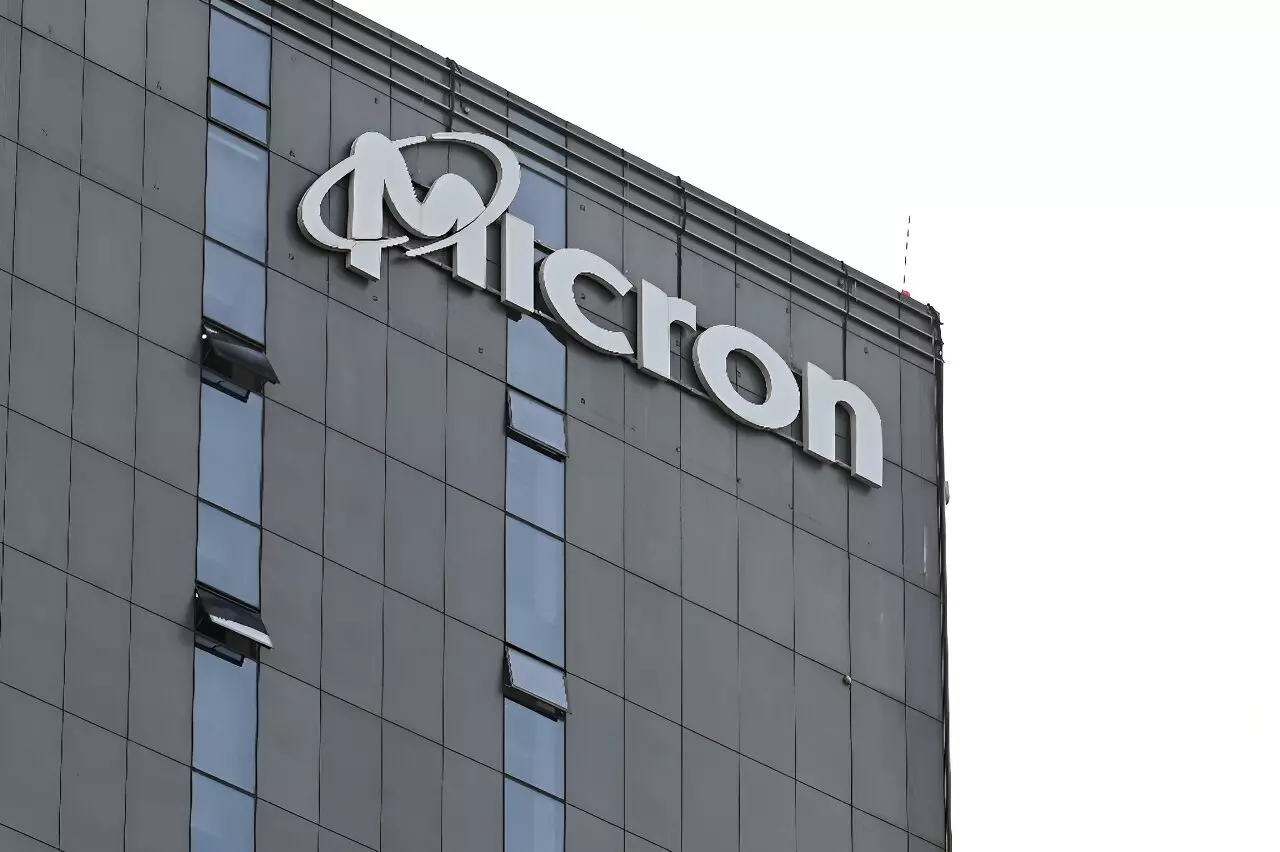The recent announcement that Micron is set to receive up to $6.1 billion in grants from the US government to help build its semiconductor plants in New York and Idaho is a significant step towards bringing semiconductor production back to the country. This award, to be announced by President Joe Biden, marks a positive development in the efforts made by Washington to ensure the US’ lead in the chip industry. The investment will not only support Micron but will also contribute to the development of artificial intelligence and national security.
The direct funding of $6.1 billion under the CHIPS and Science Act, along with the proposed loans by the US Commerce Department, will play a crucial role in supporting the construction of two facilities in Clay, New York, and one in Boise, Idaho. This move is expected to bring leading-edge memory chip manufacturing back to the United States after a hiatus of 20 years. Micron’s commitment to invest up to $125 billion across both states over the next two decades is a significant boost for the semiconductor industry in the US.
Micron’s total investment is projected to create more than 70,000 jobs, including 20,000 direct construction and manufacturing roles. The initiative is not only aimed at revitalizing semiconductor production in the country but also at fostering economic growth and innovation. As Micron CEO Sanjay Mehrotra rightly pointed out, this is a “historic moment” for US semiconductor manufacturing, and the investments made will pave the way for the creation of high-tech jobs that are crucial for the industry’s advancement.
The significance of semiconductor manufacturing goes beyond job creation and economic gains. As noted by Commerce Secretary Gina Raimondo, leading-edge memory chips are foundational to all advanced technologies, including artificial intelligence. By bringing back the development and production of advanced memory semiconductor technology to the country, the US is safeguarding its leadership in AI and protecting its economic and national security interests.
The global chip industry is currently dominated by a few key players, leaving the United States dependent on Asia for chip production. This dependency makes the country vulnerable to supply chain shocks, as witnessed during the COVID-19 pandemic. By investing in domestic semiconductor production, the US aims to reduce its reliance on foreign suppliers and ensure a stable supply of chips for critical applications such as smartphones, fighter jets, and electric vehicles.
In addition to grants to Micron, President Biden is expected to announce the establishment of four new “workforce hubs” in different regions. These hubs will serve as platforms to spur more commitments from employers and educational institutions, thereby strengthening the workforce and promoting growth in the semiconductor industry. Such initiatives are essential to maintain the US’ position as a leader in chip manufacturing and technology innovation.
The government grants awarded to Micron and the initiatives taken to revitalize semiconductor production in the US are crucial steps towards ensuring the country’s competitiveness in the global chip industry. By supporting domestic semiconductor manufacturing, the US is not only creating jobs and fostering economic growth but also advancing technological innovation and safeguarding national security interests. The investments made in the semiconductor sector will play a significant role in shaping the future of technology and solidifying the US’ position as a powerhouse in the semiconductor industry.


Leave a Reply